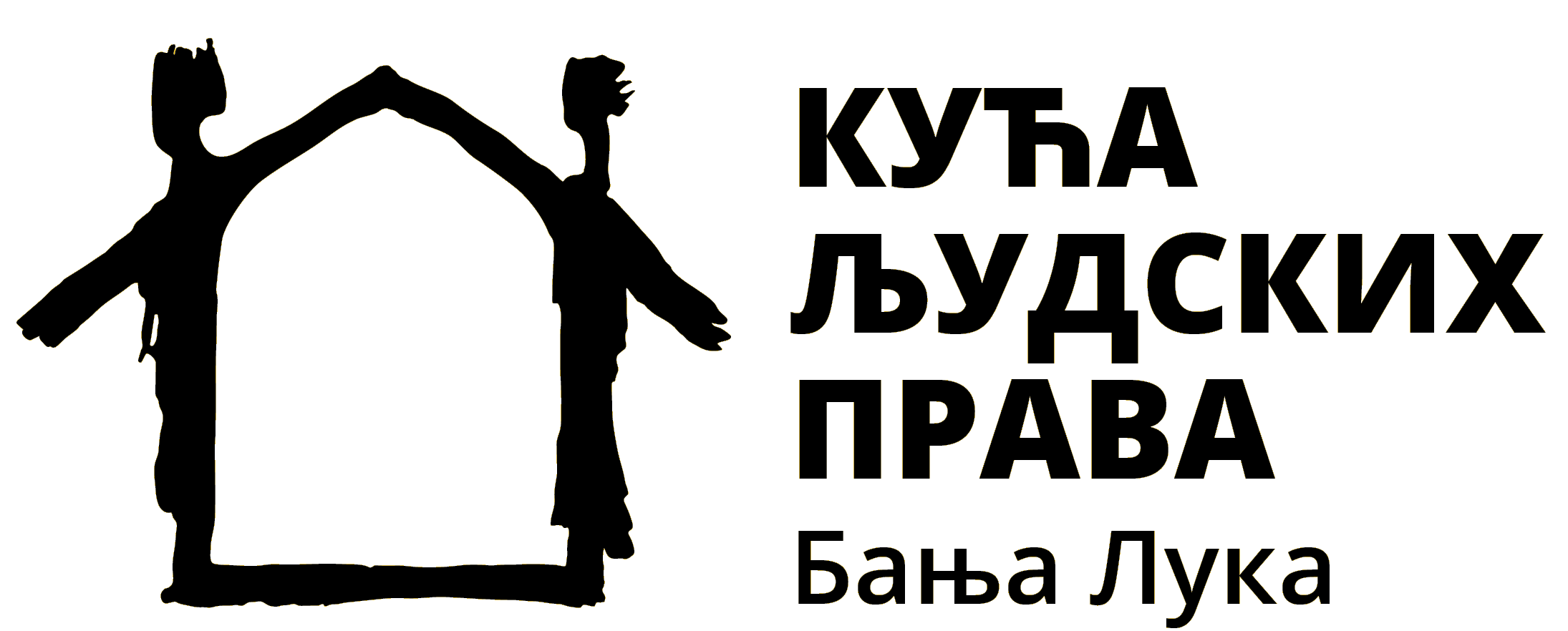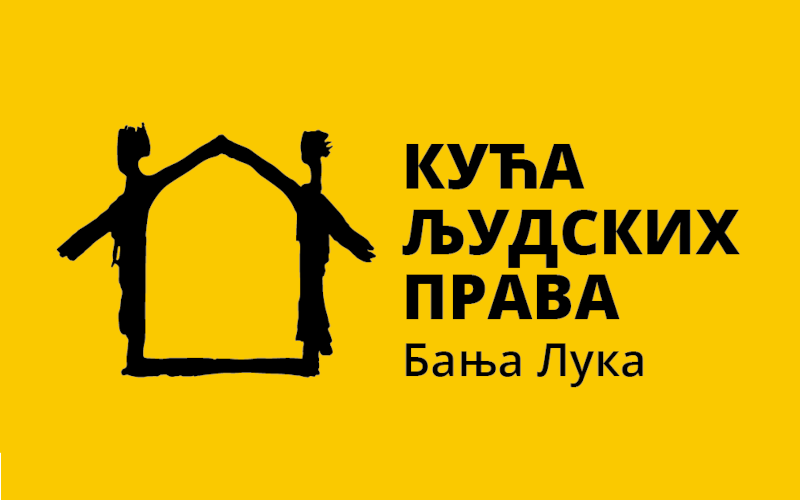The Initiative Women Citizens for Constitutional Reform organised an online conference in cooperation with the Agency for Gender Equality of Bosnia and Herzegovina (BiH), the Ministry of Human Rights and Refugees of BiH, the Human Rights House Banja Luka and the Heinrich Böll Foundation on November 20, 2023 entitled “Gender Equality in the Constitution – Obstacles and Opportunities”. At this conference, we discussed the issues of the importance of gender equality as a constitutional category, why it is important for constitutions to be gender sensitive and what this means in practice. We also talked about experiences from Serbia and Croatia, countries whose constitutions have a certain level of women’s human rights guarantees, unlike the Constitution of BiH, which is “gender-blind”.
The panelists at the conference were: Višnja Ljubičić (The Ombudsperson for Gender Equality, Croatia), Sofija Mandić (Judicial Research Centre, Serbia), Samra Filipović – Hadžiabdić (Agency for Gender Equality, Ministry of Human Rights and Refugees of BiH, BiH), Željka Umićević (The Initiative Women Citizens for Constitutional Reform, BiH), Prof. Nerzuk Ćurak (Faculty of Political Sciences, University of Sarajevo, BiH) and Emina Zahirović – Pintarić (lawyer from Sarajevo, BiH).
The conference was attended by 59 representatives of civil society organisations from BiH and the region, state institutions, parliamentary bodies, academic communities, international organizations, embassies and foundations, cantonal and entity representatives and university students from BiH who made the following recommendations for:
CHANGES IN THE LEGAL SPHERE
- The Constitution of Bosnia and Herzegovina should have the provisions of the existing catalogue of human rights expanded with provisions pertaining to unified health, social and family protection, with an insistence on equality and better protection of all citizens, while taking into account the specific constitutional and legal arrangement of the state and the entities.
- The Constitution must contain explicit provisions on gender equality in order to grant gender equality a stronger constitutional and political-legal significance by defining it directly.
- It is necessary to have to Constitution of BiH clearly stipulate that special measures aimed at achieving full equality of persons or groups of persons who are essentially in an unequal position with other citizens are not a form of discrimination, even though such a definition does exist in the laws.
- It is of outmost importance to prescribe a policy of equal opportunities in the Constitution of BiH.
- It is necessary for the Constitution of BiH to state that a woman has the right to freely decide on giving birth.
- The constitution must provide for strong guarantees of gender equality, so that in case of violation of rights, or in attempts to limit certain legal rights, the constitution can be referred to directly.
- It is necessary to reiterate at every level of social organisation and decision-making that gender equality must be taken into account, as well as the equal rights enjoyed by men and women.
- Gender-sensitive language should be propagated and applied at all levels of social communication, and it should be included in both the Constitution and laws and by-laws in the country.
CHANGES IN THE SOCIAL SPHERE
• Simply amending the Constitution does not suffice, and it is necessary that the fight for equality actually changes our society in reality. Therefore, it is necessary to change the existing social conditions that often include violence, in the legal and social sphere, which is generated from patriarchy.
• One of the key problems in Bosnia and Herzegovina is that there is no true “rule of law”, but there is “rule of people”. That is why it is necessary for the citizens and their initiatives, along with changes in the legal sphere, to successfully pursuit the rule of law, and not the rule of people, and for the legal documents not to be applied depending on how someone wants to apply them, but in accordance with how issues are actually set in them.
• In order for changes to be achieved in society, it is necessary to seek a minimum number of allies in the political sphere who will support changes, equality, non-discrimination and the destruction of patriarchy.


